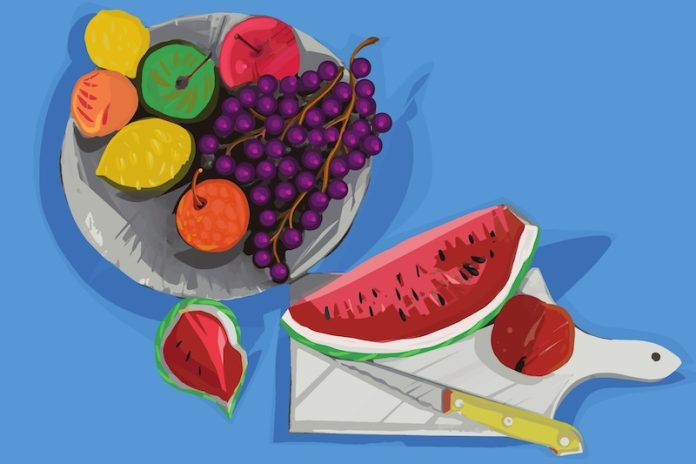
The idea that certain foods can “cleanse” your arteries and prevent heart disease is both appealing and widespread.
But is there scientific truth behind the claim that some foods have the power to clear out the buildup of plaque—a combination of fat, cholesterol, and other substances—in the arteries?
Firstly, it’s important to understand what artery-cleansing means in the context of medical science. It refers to reducing or preventing plaque buildup in the arteries, which can lead to blockages, heart attacks, and strokes.
The buildup of plaque is a process called atherosclerosis and is influenced by diet, lifestyle, and genetics.
Research suggests that while no food acts like a detergent to scrub plaque off artery walls, certain foods can significantly influence the health of your arteries. These foods do so primarily by lowering bad cholesterol levels, reducing inflammation, and improving the overall health of blood vessels.
One of the most studied diets for heart health is the Mediterranean diet, which emphasizes eating fruits, vegetables, whole grains, fish, and olive oil.
Studies have shown that this diet can reduce the risk of heart disease by improving blood vessel health and reducing inflammation and cholesterol levels.
The antioxidants found in fruits and vegetables, as well as the omega-3 fatty acids found in fish, are believed to be largely responsible for these effects.
Oats are often touted for their heart health benefits due to a type of fiber they contain called beta-glucan. This fiber has been shown to lower levels of bad cholesterol in the blood, which can help prevent new plaque from forming in the arteries.
Nuts, especially almonds and walnuts, are also good for arterial health. They are high in unsaturated fats, which can help lower bad cholesterol levels and reduce inflammation. Regular consumption of nuts has been associated with a lower risk of heart disease.
Another food often highlighted for its potential heart benefits is garlic. Garlic has been shown to have blood pressure-lowering effects and may also help reduce cholesterol levels, although more extensive research is needed to confirm these benefits in the long term.
However, it’s crucial to understand that no single food can cure or completely prevent heart disease. The concept of cleansing the arteries might be a simplification of a much more complex process.
The reduction of arterial plaque usually involves a combination of dietary changes, regular physical activity, and sometimes medication under the guidance of a healthcare provider.
It’s also important to avoid foods that can worsen heart health. High intakes of saturated fats, trans fats, and sugars can increase heart disease risk. Processed meats, deep-fried foods, and baked goods can contribute to plaque buildup and should be consumed in moderation.
Instead of focusing on single foods, combining these beneficial foods into an overall heart-healthy eating pattern can be more effective.
Reducing salt intake, increasing fiber consumption, and maintaining a balanced diet with plenty of fruits, vegetables, lean proteins, and whole grains is recommended.
In conclusion, while certain foods can contribute to heart health by improving blood vessel function and reducing cholesterol and inflammation, they don’t literally cleanse the arteries of plaque.
Adopting a healthy lifestyle that includes these foods, along with physical activity and regular health check-ups, offers the best protection against heart disease. This balanced approach, rather than relying on specific foods for a quick fix, is the most effective way to maintain arterial health.
Follow us on Twitter for more articles about this topic.
Copyright © 2024 Scientific Diet. All rights reserved.





